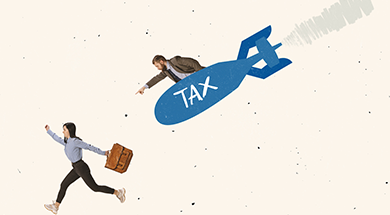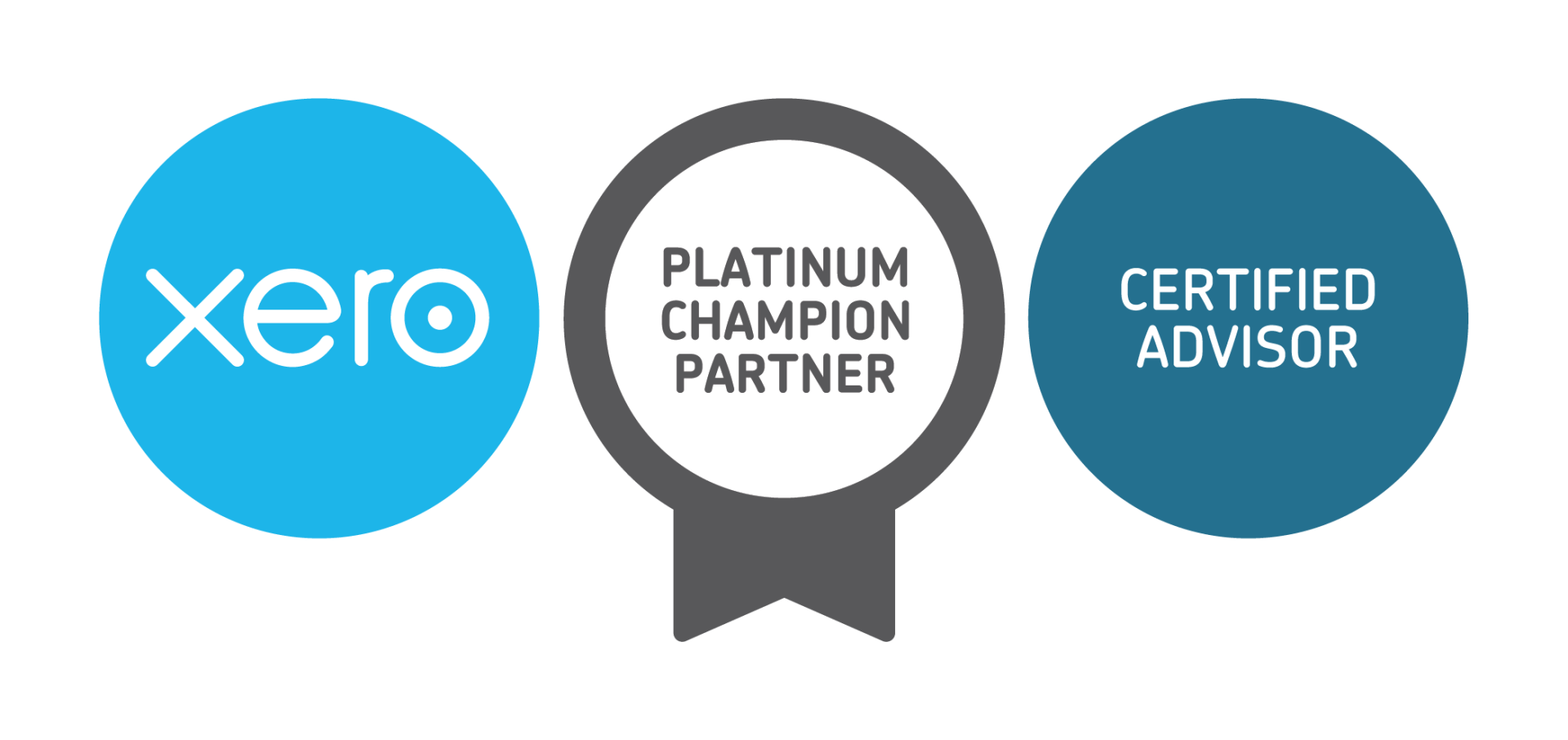
What can you claim to reduce your tax?
Please take five minutes to read this blog and I will explain:
- Deductions you can claim
- The importance of a good tax accountant
- Avoid the 'tax trap'
- ATO links to more information about specific deductions
- Murray Nankivell Tax Time Checklists
Deductions you can claim
According to the Australian Taxation Office (ATO) website, there are three things you need to claim a work-related deduction:
- You must have spent the money yourself and weren't reimbursed;
- It must be directly related to earning your income; and
- You must have a record to prove it.
The ATO does allow you to claim up to $300 for
The ATO says if your total claim for work-related expenses is more than $300, you must have written evidence to prove your claims. If the expense was for both work and private purposes, you can only claim a deduction for the work-related portion.
Is a credit card slip acceptable as a receipt?
Provided it gives full details of the supplier and date of purchase the tax office would accept a credit card slip as proof of purchase. Taxpayers can make a notation on the document indicating the type of goods that were purchased. Many taxpayers use the internet to purchase or pay for their
How long do I need to keep my receipts?
Documentary evidence should be kept for five years from the date of lodgement of the tax return in which the claims are made. If you are depreciating an asset the receipt should be kept until the item is fully depreciated (even if over five years).
Is it worth the trouble to claim my deductions?
While some of these items may seem small, when added together they could save you a decent amount of money, e.g. if you can use just two examples listed under the below link i.e. Internet and Mobile Phone Usage, you would have almost $600 of extra deductions to add to a tax return. Someone earning $50,000 per year, could see an increase in their tax refund by $180.
This year I bought a laptop and new mobile phone which I need for my work. Can I claim the cost of these on my tax return?
Items like this that you buy for use in your job can be claimed in your return. However, since the cost of these items is most likely to be more than $300 each you will not be able to claim the full cost in one year.
It will be necessary to spread your claim over the useful life of the items (depreciation) and only the work-related proportion is claimable. You should keep a log of
When you start preparing for your tax return, make sure you don't forget any of these deductions.
See each of the below links for more detail and some examples of Common PAYG Deductions
:
The importance of a good tax accountant
Many accountants seem to be working for the ATO. Instead of trying to maximise what you claim, they're often too scared of upsetting the ATO rather than fighting to get you the largest legal tax deductions.
Rather than using an accountant who "works for the ATO" – use an accountant who works in your best interest.
Murray Nankivell will help you to claim every last dollar you can, and make sure you stay out of trouble by not claiming anything you shouldn't. Our team are aware of everything you can and can't claim and what you should do this year to give you a bigger tax refund next year.
Our accountants are all highly trained specialists at legally reducing your tax – so talk with us today.
The 'tax trap' you need to avoid
Everyone wants to increase their tax refund (or reduce their tax payable) and we are here to help you to do this.
Tax saving strategies generally involve you spending money on 'something' which creates for you a tax deduction. The 'something' you spend your money on could be an expense, an asset, or an investment related payment (like superannuation or prepaid interest on an investment loan).
However – please don't fall into a common trap of spending money just to get a tax deduction. You only save tax based on the marginal tax rate proportion on the amount you spend, not the full amount you spend.
For example, if you earn say $55,000 a year, your marginal tax rate (excluding Medicare levy) is 32.5%. This means
So, if you spend $100 on something that you can claim a deduction for, you will get back $32.50 from the ATO, so you will still be out of pocket $67.50. So only spend money on what you need, not just to create extra tax deductions for yourself.
Links to more information about specific deductions
It's our job as your accountants to make the lodgement of your Tax Returns as easy and simple as possible.
We do this every day, so we know all the ins and outs of what to claim to make it easy for you.
If you want to have a look at some of the specific deductions you can claim,
Murray Nankivell Checklists
If you want to maximise your tax return make an appointment today and see a Murray Nankivell accountant. To make it easy, we have devised a number of simple checklists that you can print from our website to check off before your appointment or to just use as a cover sheet to drop off your information if you don't have time for an appointment
To make an appointment with us to discuss and prepare your 2018 Tax Return – call us on (08) 8535 5999 or email mb@murraynankivell.com.au

About the Author - Heath Nankivell
GENERAL ADVICE WARNING | The information contained in this article is general and is not intended to serve as advice. No warranty is given in relation to the accuracy or reliability of any information. Readers should not act or fail to act on the basis of information contained herein. Readers are encouraged to contact a professional advisor for advice concerning specific matters before making any decision.

LEGAL
Liability limited by a scheme approved under Professional Standards Legislation.
Investngro Pty Ltd ABN 53 113 102 695 trading as Murray Nankivell Financial Planning, is an authorised representative of Count Financial Limited ABN 19 001 974 625 holder of Australian financial services licence number 227232 (“Count”). Count is owned by Count Limited ABN 111 26 990 832 of GPO Box 1453, Sydney NSW 2001. Count Limited is listed on the Australian Stock Exchange. Any taxation and accounting services are provided by Murray Nankivell and are not within the authority Count. The information on this web site is not financial product advice and is provided for information only.





